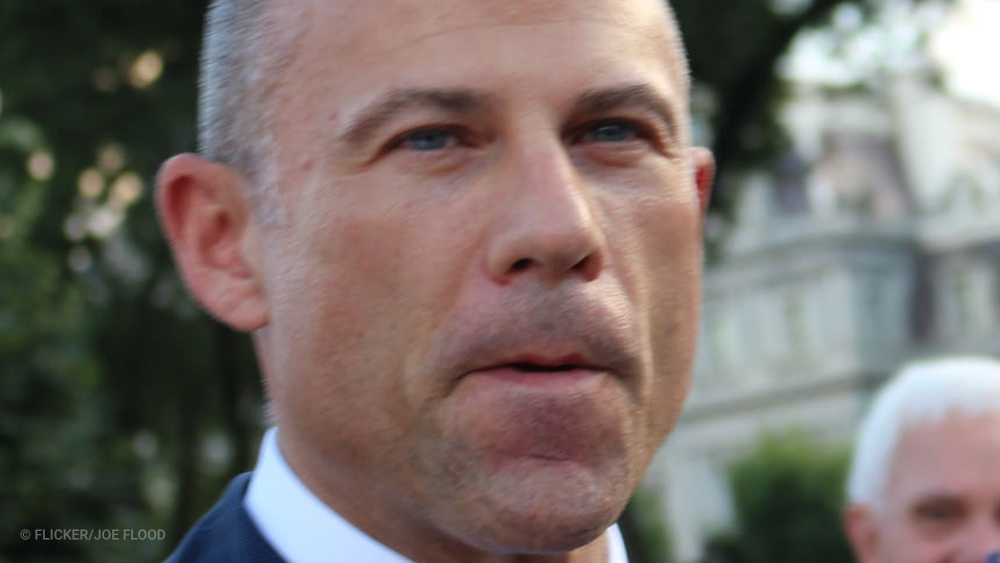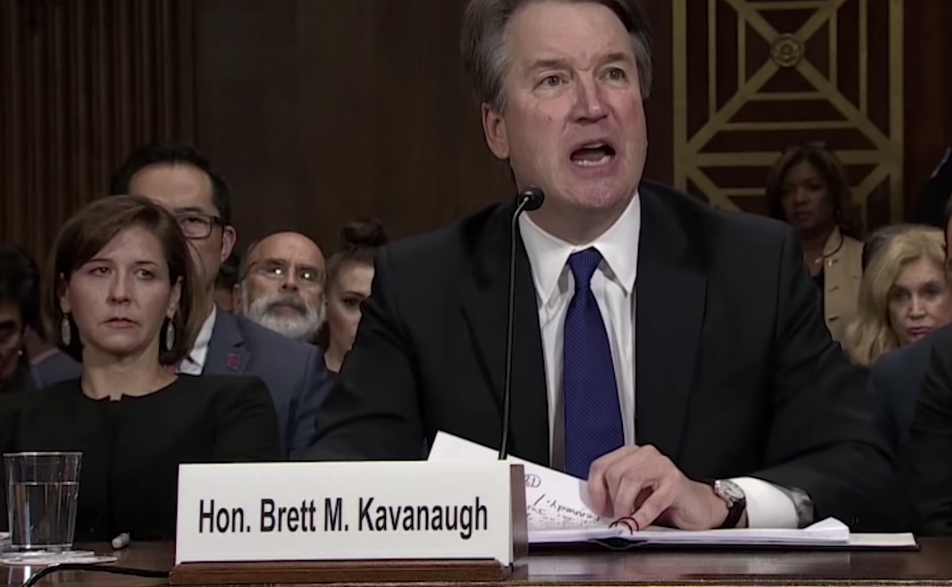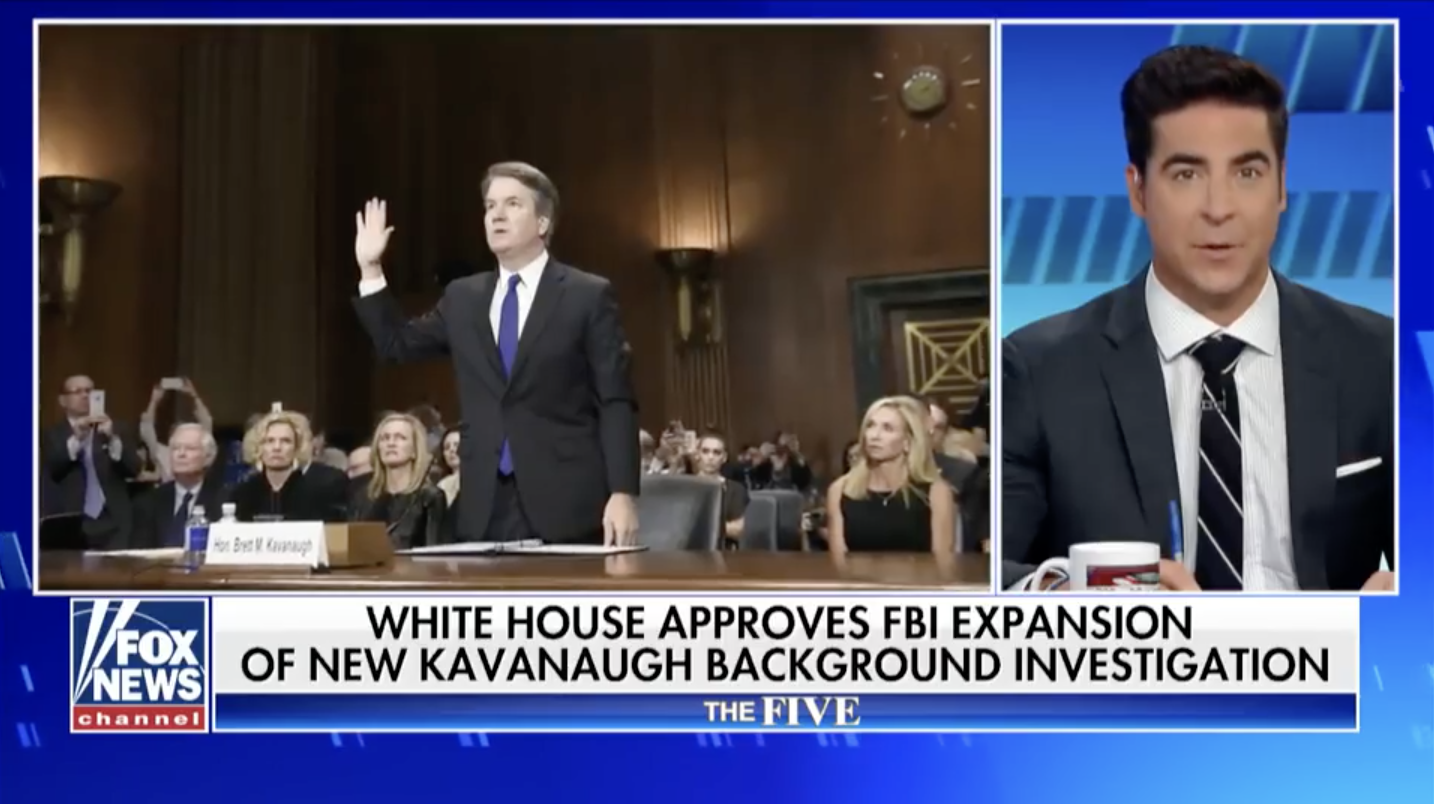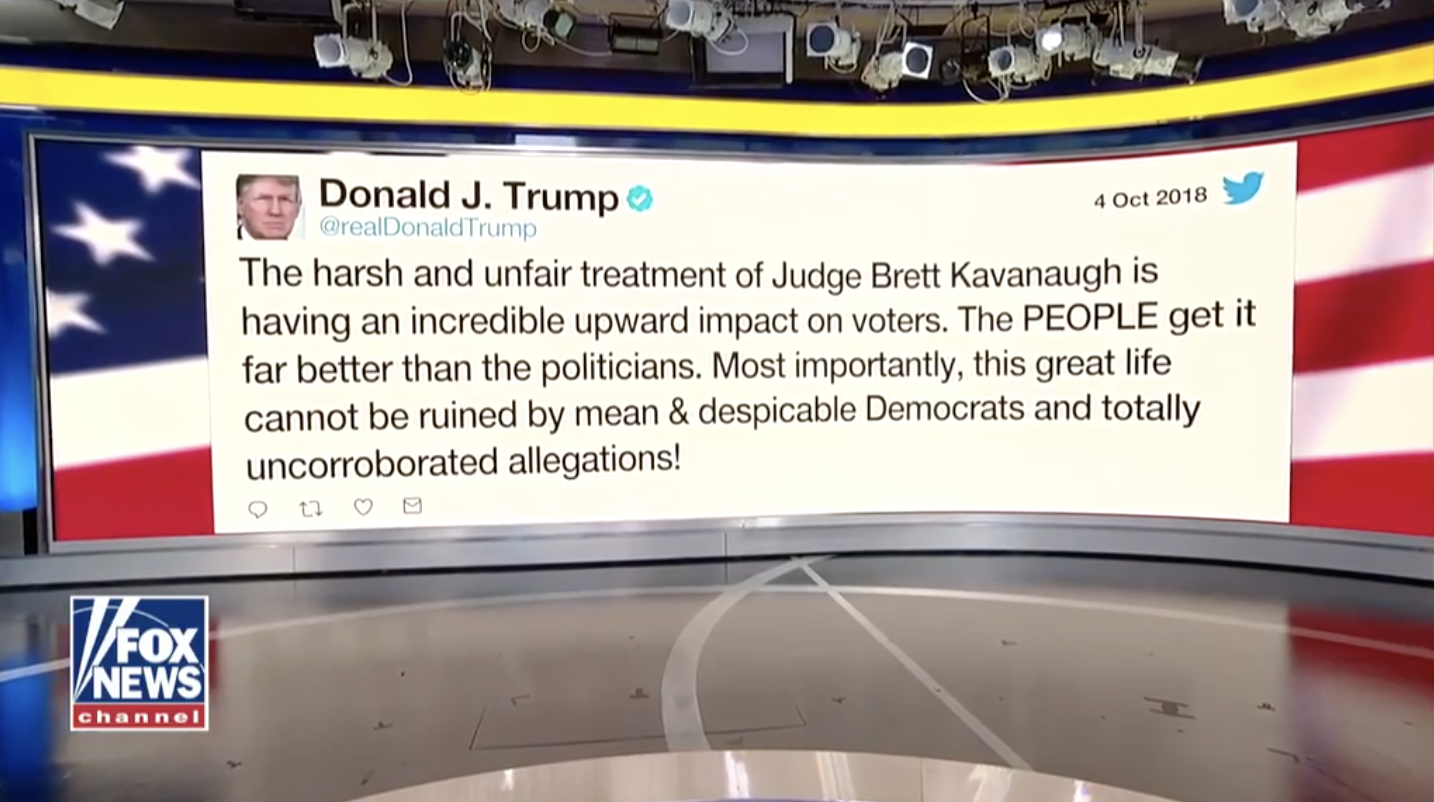Repealing Obamacare individual mandate would boost health freedom and save the government hundreds of BILLIONS each year
11/16/2017 / By JD Heyes
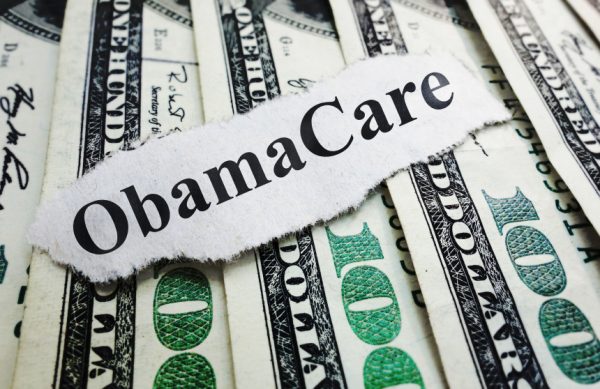
Two of the most important aspects of repealing Obamacare are regularly under-reported by the “mainstream” media and ignored by Democrats: Getting rid of the law’s individual mandate would not only dramatically enhance health freedom, but it would also save our broke government hundreds of billions of dollars.
As reported by the Washington Free Beacon, the Congressional Budget Office estimated last week that getting rid of the mandate — a requirement that all Americans be forced to buy overpriced, under-delivering insurance — would save $338 billion over the next decade.
Under the law, Americans who fail to purchase health insurance as required are fined by the Internal Revenue Service. A recent report by the Taxpayer Advocate Service found that about 4 million Americans paid an average penalty of $708 this year, or $2.8 billion in all, the Free Beacon reported.
The site reported further:
The budget office predicts that eliminating the mandate would reduce the deficit by $338 billion from 2018 to 2027 and would decrease the number of those with health insurance by 4 million in 2019 and by 13 million in 2027. Even with this loss, the report says that markets would remain stable in almost all areas of the United States over the next decade.
And there’s this: What Obamacare supporters and the Democrats who imposed it on the country won’t tell you is that the majority of those who “lose” insurance without the mandate will choose to voluntarily ditch their insurance coverage.
In other words, they will be exercising their full health freedom to make a conscious choice to go without coverage — a right that Obamacare took away from all of us.
And there would be a variety of reasons for ditching coverage. Younger Americans who are healthy may eschew pricey health insurance. Others who are wealthy enough to pay for their own coverage, even when they experience a catastrophic illness or injury, would also make that choice.
Other Americans who are generally healthy but want some coverage may buy a policy that only covers a catastrophe. And so on. But the point is, health freedom means the freedom to choose what kind of coverage you want — if you want any at all. (Related: The meltdown of the Obamacare mandate)
As for the financial aspects of ditching the mandate, supporters of repeal noted that it would dramatically reduce the government’s fiscal outlay.
“We’re seeing with the CBO report that repealing the mandate would reduce the deficit by nearly $340 billion over 10 years,” said Sally Pipes, president of the Pacific Research Institute. “The report estimates that by 2027, about 13 million fewer Americans would enroll in ACA-compliant plans.”
She added: “What’s great news is that if the mandate were repealed, most markets would remain stable. That’s significant for the millions of Americans who would become free to purchase other health care plans that are better fits for them and their families.”
In fact, other experts say that markets would not simply stabilize, but premiums would mostly likely fall because companies would be forced to compete once again for customers. Prices would fall and quality of products would go up, they argue.
During a tele-townhall in February, U.S. Rep. Michael Burgess, R-Texas, told about 7,500 constituents that as it stands, the mandate gets rid of market requirements that insurers sell customers plans they really want. That, in turn, has reduced competitiveness due to a restriction in the kinds of plans that can be offered.
He said “repealing the mandate and changing the rules will mean more competition and lower premiums,” WSOY reported earlier this year.
“The individual mandate is one of the most unpopular Obamacare-era regulations—and it’s largely been a failure,” Pipes said. “Not as many Americans are insured in the Obamacare insurance exchanges as originally projected, and premiums have skyrocketed since 2013.”
J.D. Heyes is also the editor-in-chief of The National Sentinel.
Sources include:
Tagged Under: CBO, Federal Budget, government spending, health care costs, health freedom, individual mandate, national debt, obamacare



